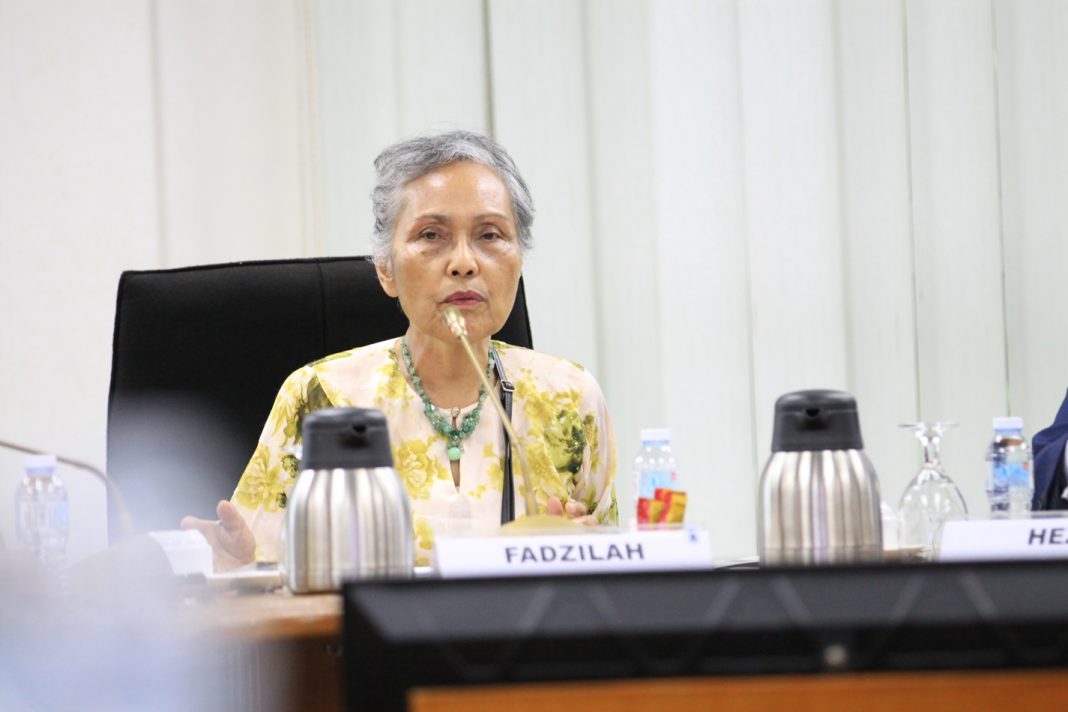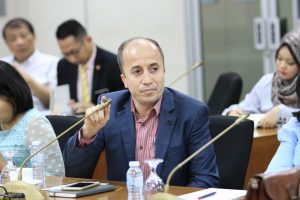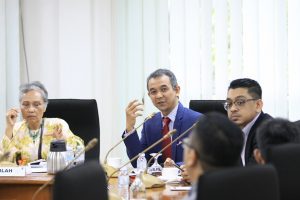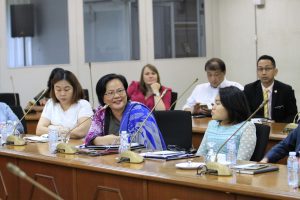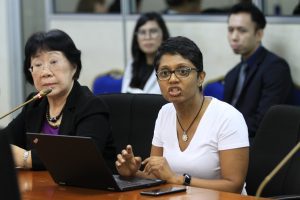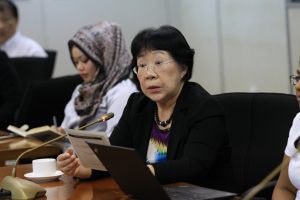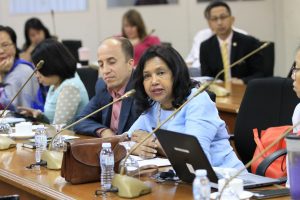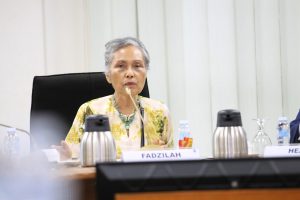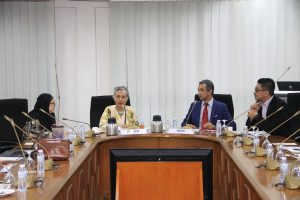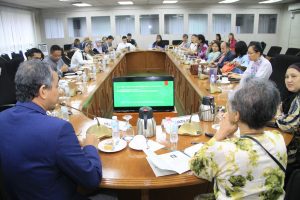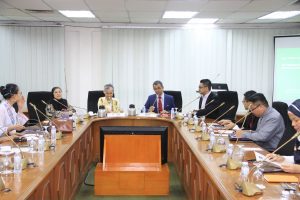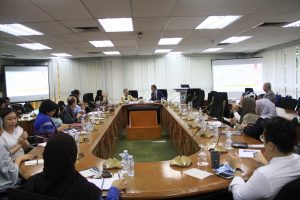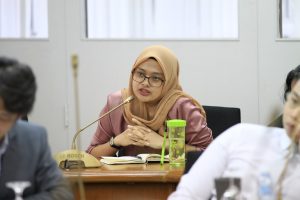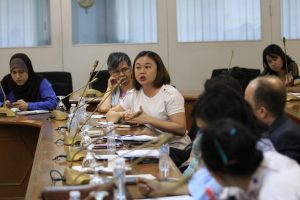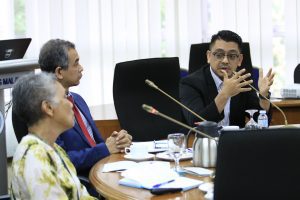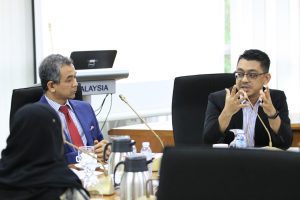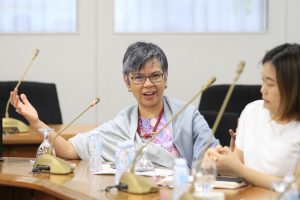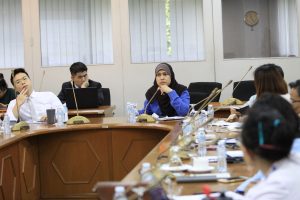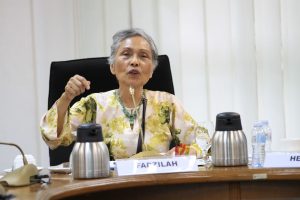| Date | 12 December 2018, Wednesday |
| Time | 10:00am |
| Venue | Conference Room, ISIS Malaysia |
By:
Dr Fadzilah Majid Cooke
Visiting Professor
University of Malaysia Terengganu (UMT)
About the Speaker:
Dr Fadzilah Majid Cooke was formerly a Professor of Sociology at Universiti Malaysia Sabah, working in political ecology, on local rights and access to natural resources as well as the socio-politico-technological context of conservation. She is a steering committee member of the International Science Council’s Asia Pacific program on the Sustainability Initiative for the Marginal Seas of East and South Asia (SIMSEA). She is a member of the Free and Prior Informed Consent (FPIC) Working Group of the Sabah Government’s Jurisdictional Certification Steering Committee for oil palm. She is also a Visiting Professor at Universiti Malaysia Terengganu, Institute of Tropical Biodiversity and Sustainable Development
Overview:
Apart from the religious difference from West Malaysia, many view the Kadazan-Dusun nationalism as the defining element of the cultural life of Sabah. Yet in recent years, the escalation of piracy, kidnappings, and labour movement across the Sulu and Sulawesi seas, as well as rampant natural resources exploitation has put Sabah nationalism and the territoriality of the nation state under pressure. The government responded to these trends by enforcing a centralised control, which arguably may not be the best long-term solution. Instead, the security tension pointed to the need in broadening our sociological understanding of the contemporary ethnic and cultural configuration in Sabah. In this talk I argue that Sabah is a borderland whereby cultural borders are not definitive. Instead, here, cultural boundaries between communities are more fluid than the territorial limit of the state. To demonstrate the ambiguity of the border, the talk focuses on the agency of the transnational community of the Bajaus. They are made of different groups among whom are conscious of a generalised ‘Sama’ identity despite differences among them in terms of differentiated levels of sedenterisation and livelihood transformation. The talk focuses not only on the cultural networks of the Bajaus, it will also trace their political importance following the results of the 14th General Election. By so doing, the talk traces the different positioning of Bajau identities to the centre of power, in which borders can be enhanced or diminished over time.



